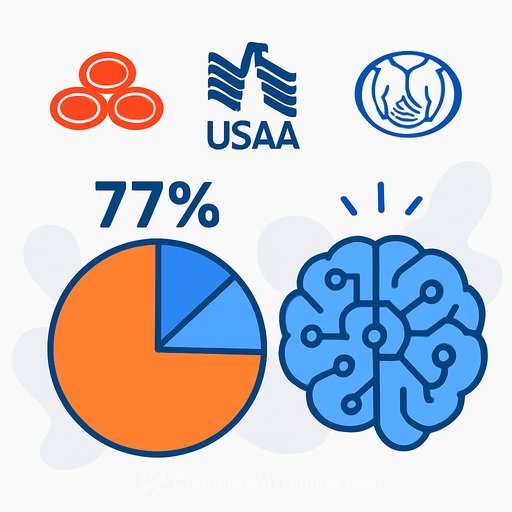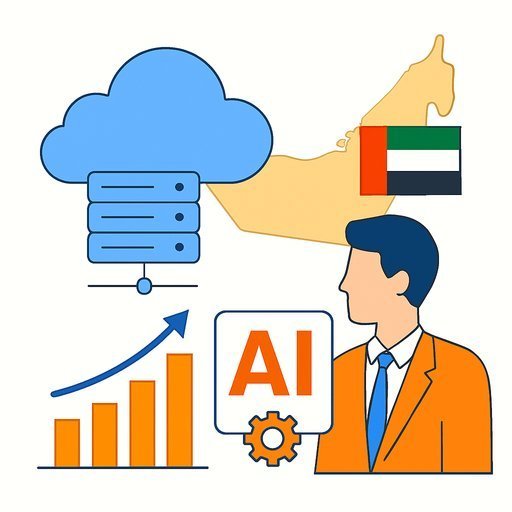The Algorithm vs. The Bureaucrat: Israeli Startups Turn Red Tape into Opportunity
From insurance claims and pension tracking to travel planning, onboarding, and healthcare, Israel’s high-tech sector is building AI-driven tools that replace outdated systems, cut costs, and ease bottlenecks. These innovations offer a practical blueprint for governments worldwide.
Say goodbye to endless queues and complex paperwork. Israeli tech companies are creating solutions that make bureaucratic inefficiency a thing of the past. Consider Jim Anzalone, a manager who filed 24 export license applications to China in one week but faced four rejections. This reflects a bigger issue at the Bureau of Industry and Security (BIS), where internal dysfunction has caused bottlenecks that hurt American businesses.
This example shows how old systems and regulatory delays can stall operations. But Israel’s high-tech ecosystem is stepping up, turning these challenges into opportunities by building tools that streamline processes and boost efficiency.
A Wave of Innovation in Finance and Insurance
Israel’s insurtech sector is thriving with practical solutions. Take Click-Ins, for example. They simplify automotive claim filing by letting customers use a smartphone camera to capture damage, submit claims online, and get quick approvals.
Dr. Yael Benvenisti, deputy CEO of Insurtech Israel, explains, "AI and machine learning enable insurance firms to review claims automatically, detect potential fraud, and approve payments faster." What once took days of manual work now happens in moments.
Another example is Toonimo, which adds an interactive, personalized guide layer on insurance websites. This makes navigating complex insurance details easier for users.
Personal finance is also changing. Gal Tamir, marketing manager at Finq, shares, "Our AI algorithm analyzes pension data so anyone can understand their retirement savings without an advisor. It ranks funds based on performance and fees, then offers personalized tracks with ongoing monitoring and adjustments."
Redefining User Experience in Travel and Onboarding
Beyond finance, digital tourism is evolving. Gotcha and Ophir Tours launched an AI-powered search bar that understands natural language requests like, "a romantic trip to Greece in October with a hotel on the beach." This returns precisely what the user wants.
Neta Gafni, CMO of Ophir Tours, highlights a bigger picture: "Real-time search data helps the Tourism Ministry and municipalities allocate budgets wisely and build infrastructure based on current demand."
Employee and customer onboarding also benefit from tech improvements. Aviram Cohen, CEO of EasyDo, says, "Onboarding still relies heavily on paperwork and disconnected systems, leading to high churn and inflated costs. Israeli platforms now automate document collection, use secure digital signatures, and streamline identification, improving conversion rates and trust."
A National Blueprint for Healthcare Efficiency
The public sector stands to gain significantly. Healthcare, in particular, suffers from manual processes that slow service delivery.
Gal Vaxman, CAIO at Elad Systems, points out that AI solutions can eliminate many bottlenecks. Patient conversations are transcribed automatically, summaries and tasks are generated, and appointment scheduling asks only relevant questions. The cumbersome "Form 17" referral is now pulled automatically.
Preparation for general anesthesia has improved dramatically. Anesthesiologists gather all patient data with one click instead of manual compilation. "This allows doctors to prepare four times as many patients for surgery daily," Vaxman says. Hospital discharge, which once took hours, now produces necessary forms instantly, freeing up beds faster.
The message is clear: wherever bureaucracy slows things down, Israeli innovation finds a way forward. What began in private sectors should become a national standard. Government adoption of these AI-driven tools will break logjams, boost the economy, and make daily life smoother for everyone.
For insurance professionals interested in expanding AI skills that can improve claims processing and fraud detection, explore relevant courses at Complete AI Training.
Your membership also unlocks:






